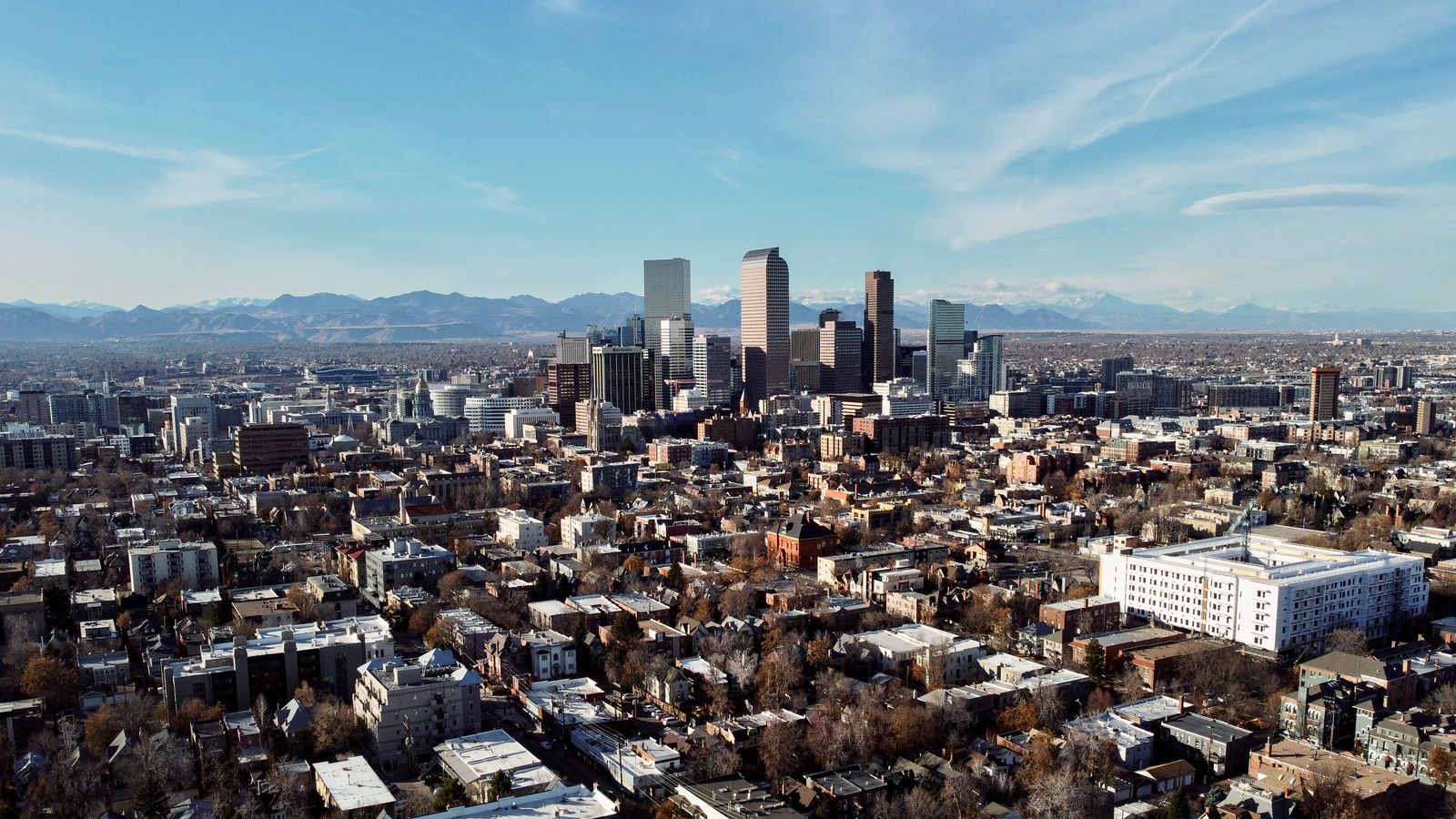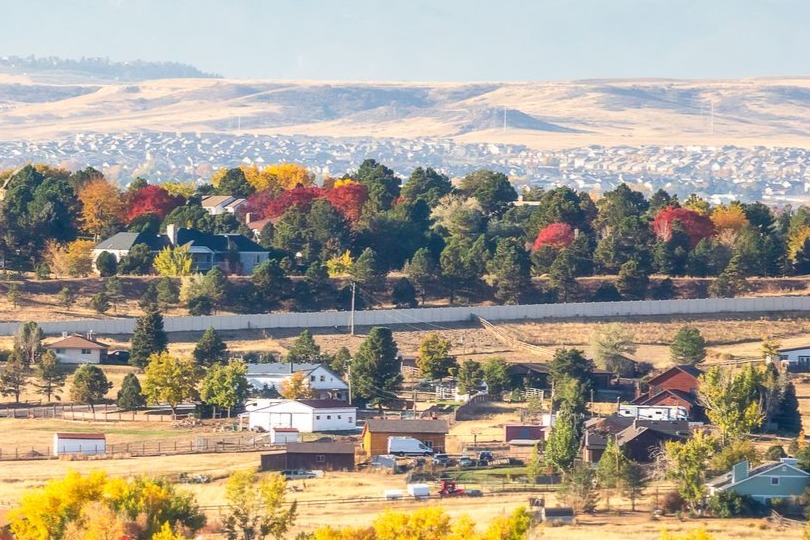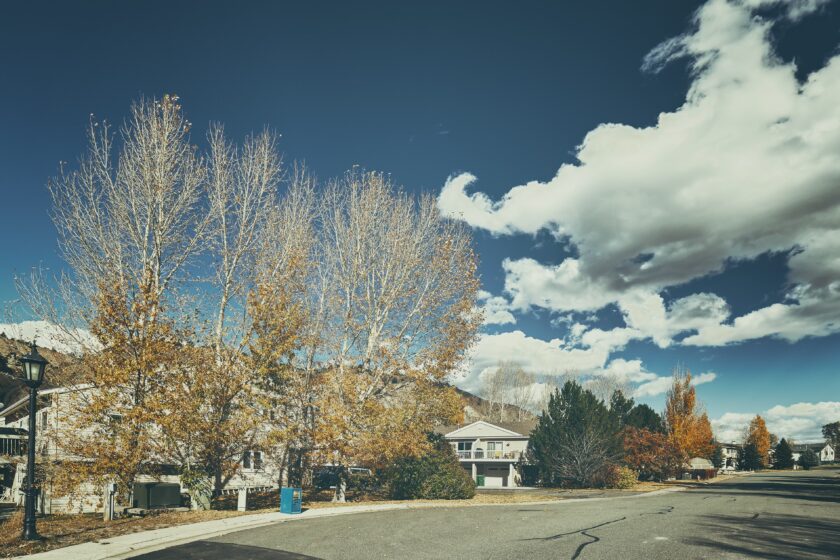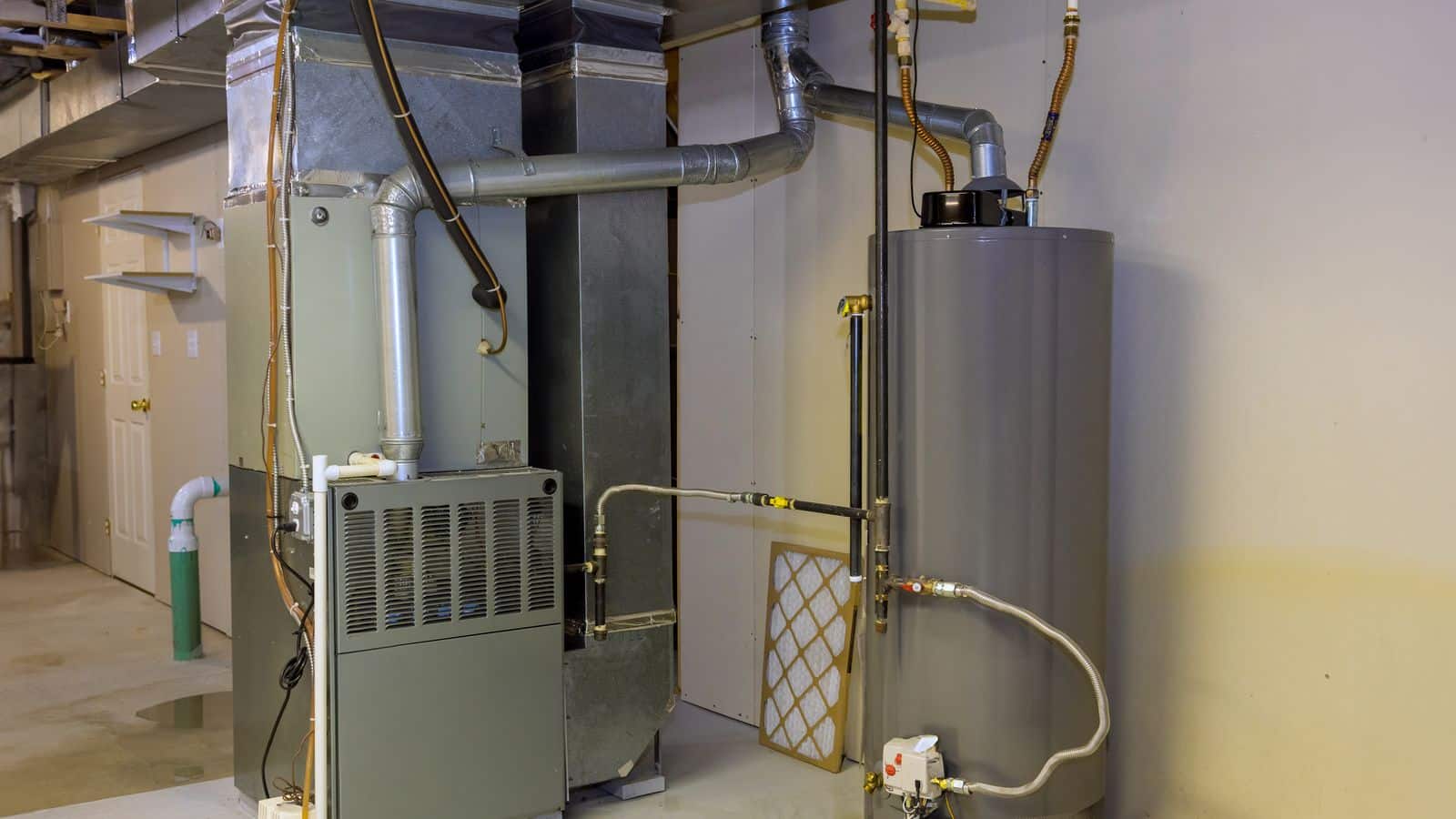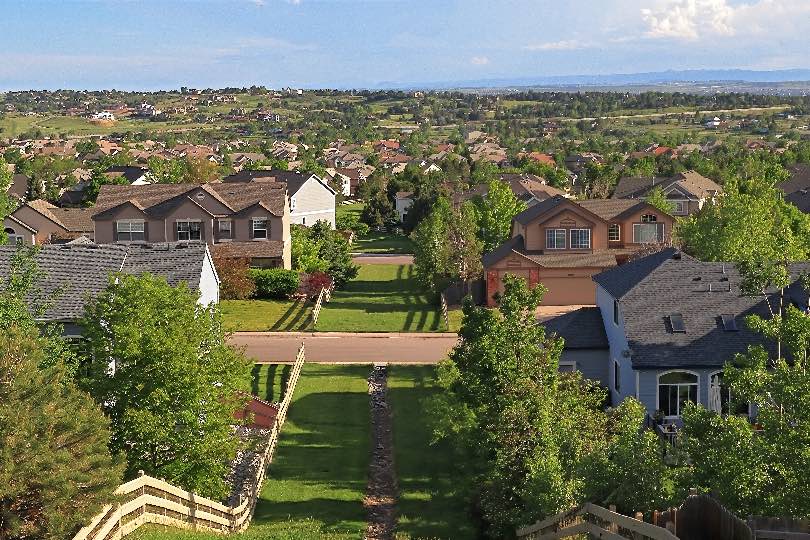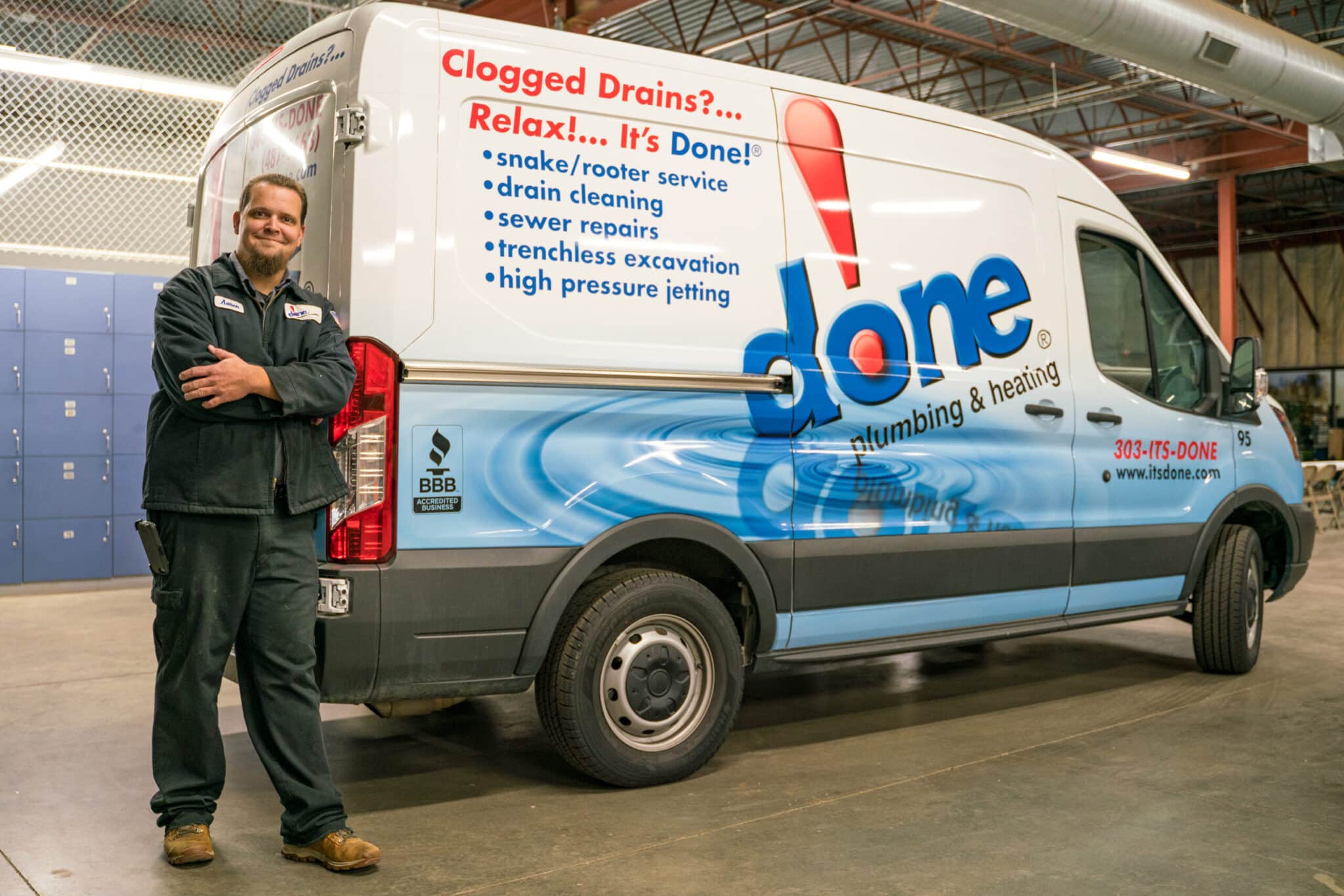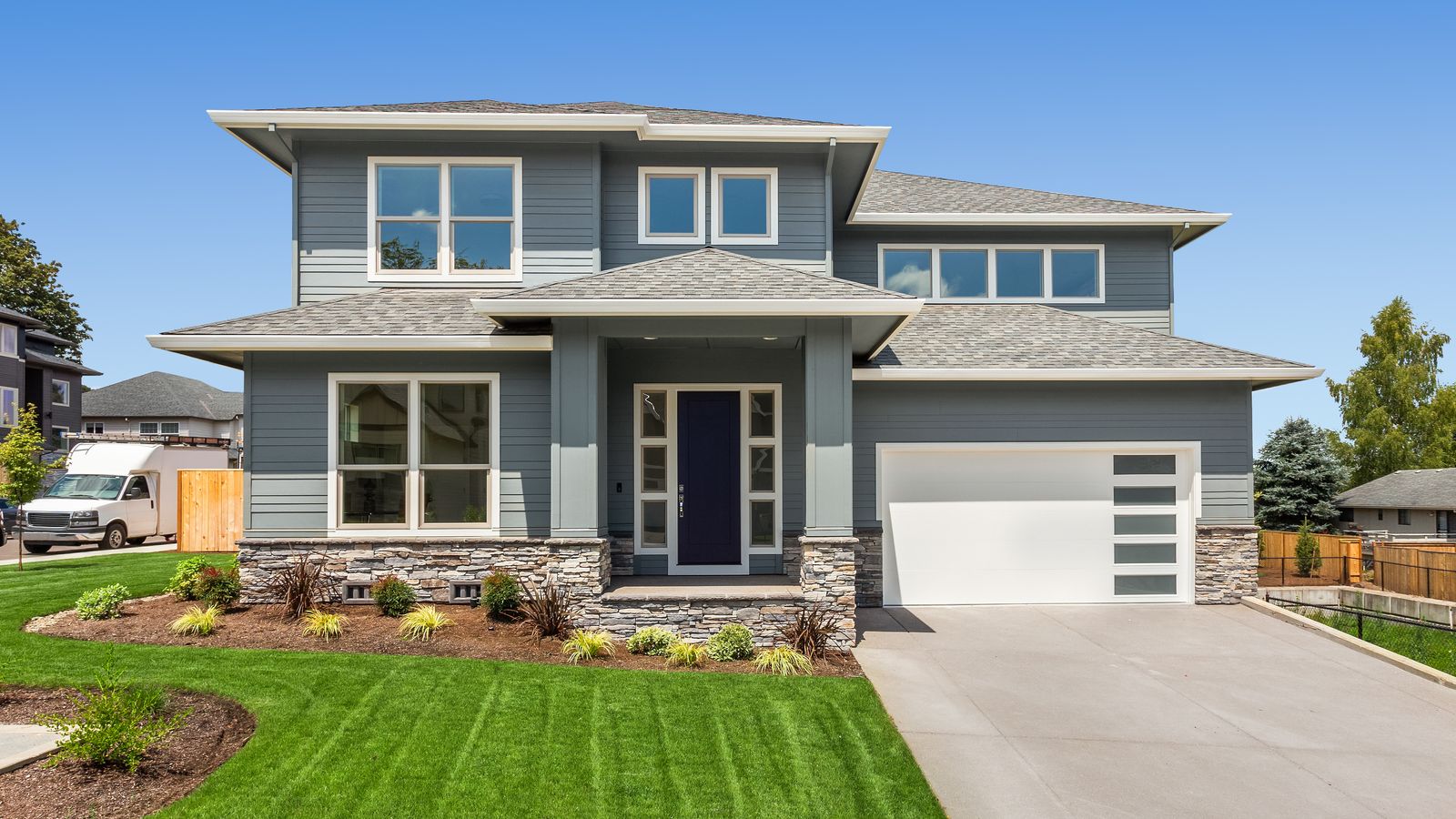Denver weather doesn’t mess around. Summer days can start off cool and then shoot into the 90s by mid-afternoon. That kind of sudden heat puts serious pressure on HVAC systems across the Front Range.
Air conditioners don’t get the luxury of easing into the workday. When the temperature jumps quickly, units are forced to operate at full blast for hours on end. Without regular upkeep, that kind of demand can push systems past their limits—and fast.
At Done!, we’ve seen many cooling systems stall or break down during the first real heat spike of the season. That’s why we always recommend scheduling HVAC maintenance before the temperature climbs.
Common HVAC Issues During High Temperatures
When Denver turns up the heat with little warning, air conditioners often aren’t ready for the workload. Minor issues that might have gone unnoticed can suddenly turn into serious problems.
1. Overworked Systems Leading to Breakdowns
Air conditioners are made to keep homes comfortable—but they’re not built to battle extreme heat for hours without rest. When temperatures hit the 90s or higher, systems run longer and harder, wearing down parts like the compressor, blower motor, and wiring.
The longer a unit runs without a break, the higher the risk of overheating or shutting down completely. At that point, you’re not just uncomfortable—you’re dealing with an emergency that could leave your home unbearable until repairs are made.
We’ve handled plenty of calls where an AC unit gave out simply because it wasn’t prepped for high heat. Getting ahead of wear and tear is the best way to avoid a breakdown when you need cooling the most.
2. Clogged Outdoor Units from Cottonwood Trees
Cottonwood fluff makes its appearance right around the time temperatures start rising across Aurora and Denver. That fluffy debris sticks to outdoor HVAC units and quickly blocks the airflow those systems need to cool properly.
Once airflow is restricted, the unit has to work harder to keep your home comfortable. That added strain leads to overheating and, in some cases, a complete system failure.
We’ve seen plenty of early summer emergencies that could’ve been avoided with a quick cleaning. If your AC suddenly stops working when cottonwood is floating around, chances are the outdoor unit needs attention.
3. Dirty Air Filters Causing Poor Airflow
Many homeowners overlook the impact of a clogged air filter. When filters fill with dust, pet hair, and pollen, airflow drops. That forces your air conditioner to work harder just to get cool air through your home.
On a hot day, poor airflow can quickly push your system to the edge. Overheating or frozen coils are common outcomes—and both can trigger a system shutdown.
If your home feels warmer than usual or the air coming from your vents isn’t cool, a dirty filter might be the cause. Swapping it out can make a huge difference.
4. Pets and Outdoor Unit Damage
Pets, especially dogs, can unintentionally damage outdoor HVAC units. We’ve seen more than one case where a dog marked its territory on the condenser unit. Over time, the acidity in pet urine corrodes important metal components, leading to leaks and electrical issues.
Once corrosion starts, repairs can get pricey—and in some cases, replacing the unit makes more sense. If your AC stops working and your pet has access to the area, it’s worth checking the condition of the outdoor unit.
Preventative Maintenance to Keep Your HVAC Running Smoothly
Many emergency HVAC calls start with small issues that snowball during a heatwave. The good news? A few simple habits go a long way in keeping your system reliable, even during triple-digit days.
Regularly Clean Your Outdoor Unit
The outdoor condenser releases heat from inside your home. When it’s covered in debris or cottonwood fluff, it can’t cool effectively.
- Turn off the power first
- Use a garden hose to rinse coils from the inside out
- Trim plants and clear space around the unit
Keeping the unit clean reduces strain and helps your system run more efficiently.
Replace or Clean Air Filters Frequently
Filters get dirty faster during allergy season or when pets are around. When they clog, airflow drops and your system works harder.
- Check filters monthly and replace every 30–60 days
- Increase changes if you have pets or allergies
- Use the correct size and type to avoid airflow gaps
Fresh filters keep the air moving and reduce the chance of overheating.
Schedule Routine Condensate Drain Cleaning
Your AC pulls moisture from the air, which drains through a small pipe. If that pipe clogs, the system may shut off or cause water damage.
- Have drains checked once a year
- Look out for water near the indoor unit or musty smells
Clearing the drain helps your HVAC system run smoothly and protects your home.
Invest in Indoor Air Quality Solutions
Cleaner air means less buildup inside the system—and better performance during heatwaves.
- HEPA filters trap smaller particles
- Ionizers and purifiers reduce dust and airborne debris
Better air quality leads to fewer breakdowns and more consistent cooling.
Advanced Solutions for Enhanced HVAC Performance
When the basics are covered and you’re ready to go further, a few smart upgrades can help your system perform better and last longer.
Install UV Lights for Internal Cleaning
UV lights placed inside your HVAC setup prevent mold and bacteria from building up on coils and fan components. That’s especially helpful when systems run nonstop during hot spells.
- Keeps internal parts cleaner
- Improves airflow and performance
- Cuts down on odors and airborne germs
A cleaner system works more reliably—especially when outdoor temperatures soar.
Consider Electrostatic Air Filters
Electrostatic filters use static electricity to catch particles that would otherwise flow through traditional filters.
- Capture more allergens and dust
- Protect key parts like the blower and coils
- Last longer than most standard filters
Less buildup means fewer HVAC headaches and better airflow when the system is under pressure.
When to Call the Professionals
Maintenance goes a long way, but sometimes problems need expert attention. If you notice any of these warning signs, it’s time to bring in a technician:
- Warm air blowing from vents while the system runs
- Sounds like buzzing, clicking, or grinding
- The system turns on and off repeatedly without cooling
- Water leaking near the indoor unit
- The thermostat isn’t working or shows the wrong temperature
- The system won’t turn on at all
Issues like these can turn into full-blown emergencies during a heatwave. That’s why Done offers 24/7 service—we know how quickly things heat up around here.
Keep Cool with Expert HVAC Services from Done!
We’ve seen what Denver summers can do to HVAC systems that aren’t ready for the heat. We’ve also seen the relief when homeowners realize their emergency is under control and their home is cooling again.
Our licensed, insured technicians serve Aurora and Greater Denver with fast, reliable air conditioning repairs, maintenance, and replacements. We’re known for quick response times, honest pricing, and dependable work.
We’re here around the clock for emergency HVAC service—because when your air conditioner stops during a heatwave, waiting isn’t an option.
Call us anytime at (833) 539-9153
Don’t forget to check out the Care Club—our membership program that gives you priority service, discounts, and routine maintenance to help stop problems before they start.
One Call… It’s Done!

